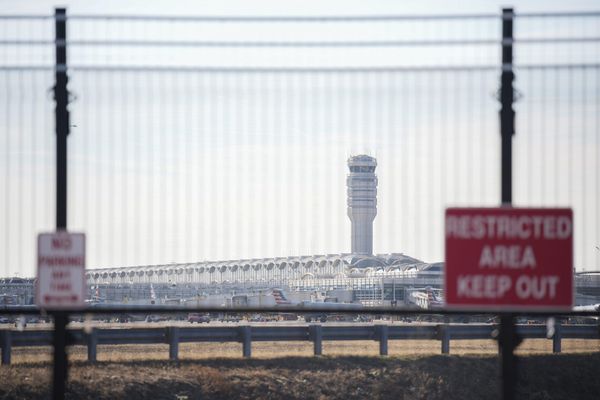
When parents make decisions for their children, there is never an intention to hurt them or to make their lives miserable. Whatever they do or decide is all in a bid to raise good, obedient and successful kids.
My parents had the same set of aims and objectives - they too wanted me to excel, to do well in academics, sports, speak good English and wanted me to walk shoulder to shoulder with other kids my age. And to do so, they felt the need to send me to an esteemed private boarding school, which had the best facilities, food and a reputation for being overly strict.
I was only eight when I was first put into a boarding institution. As a child, one is never too expressive. We have a lot to say but don't know how to say it or are doubtful of whether we'll be heard. So, unknown of the things that were ahead of me, I wished for it to be over soon, but deep inside I also was aware of how it would be a long painful affair.
But the thing about human nature is that we experience, we adapt and we learn to overcome. We accept things for what they are and learn to get past it. However, just recently, when I came across the term 'boarding school syndrome', as a health and parenting journalist, I couldn't help but be interested to know more about it and for parents, who're deciding to send their children to boarding, here's a little something for you to know and consider.
Understanding boarding school syndrome
The term 'boarding school syndrome' was first coined by psychoanalyst and psychotherapist Professor Joy Schaverien. While it is not yet recognized as a medical condition, it refers to a cluster of symptoms including anxiety, difficulty in communication and struggle with emotional intimacy.
Schaverien, who follows in the footsteps of Nick Duffell, a psychotherapist, who has also studied and spoken up about the trauma kids face when sent to boarding institutions, has introduced an acronym to describe the impact of boarding school. “There’s an A for abandonment, B for bereavement, C for captivity and D for dissociation,” she explains.
“Abandonment is when children under ten – or even older – are left behind, it can be utterly devastating. We’re leaving our children to the whims of essentially unknown adults. A lot of these children are simply left to ‘get on with it’, we’ve taken their home and sense of security and that feeling can be hard for young people to manage,” she adds.
As someone who has lived in boarding institutions - while I don't strongly remember feeling abandoned - I did feel being locked up, insecure and helpless. Given my ethnicity (Tibetan) and my race, I may have even felt different and slightly dissociated too, which is an entirely different matter of discussion.
All in all, boarding life is hard. It aims to straighten you up, makes you accountable for your actions, teaches you responsibilities and much more. These are some of the reasons why they choose to send their children to boarding. However, here's what often gets missed in the process.
Homesickness and the fear of never-ending separation
There is no escaping homesickness and sadness after being separated from one's parents. The feeling of stomach turning at the thought of going back to school after a vacation still haunts me till date.
While boarding schools are very safe and secure, the environment can be a bit suffocating at times. Although it is the very idea of a boarding school, the prison-like environment can take a toll on a child's psyche. Most often, friends take on the role of family, someone to share your worries and happiness with, but there is always this fear of long term separation.
The inability to fit in
Sending your child to a boarding school means exposing them to kids with different backgrounds, race, religion and values. You're sending them to be among kids who have different beliefs than your child. Until and unless your child is socially very skilled and great at making friends, they're likely to have some rough time trying to fit in.
No place like home
Boarding schools are a completely different space from one's home. What you can do in the comfort of your family and loved ones is impossible to do in front of complete strangers like the matrons or the caretakers at school.
There are rules that the tiny brains have to follow. The consequences can be even harder to crack for small children. The fear of punishment is grand and the anxiety to overcome that fear is even more challenging.







